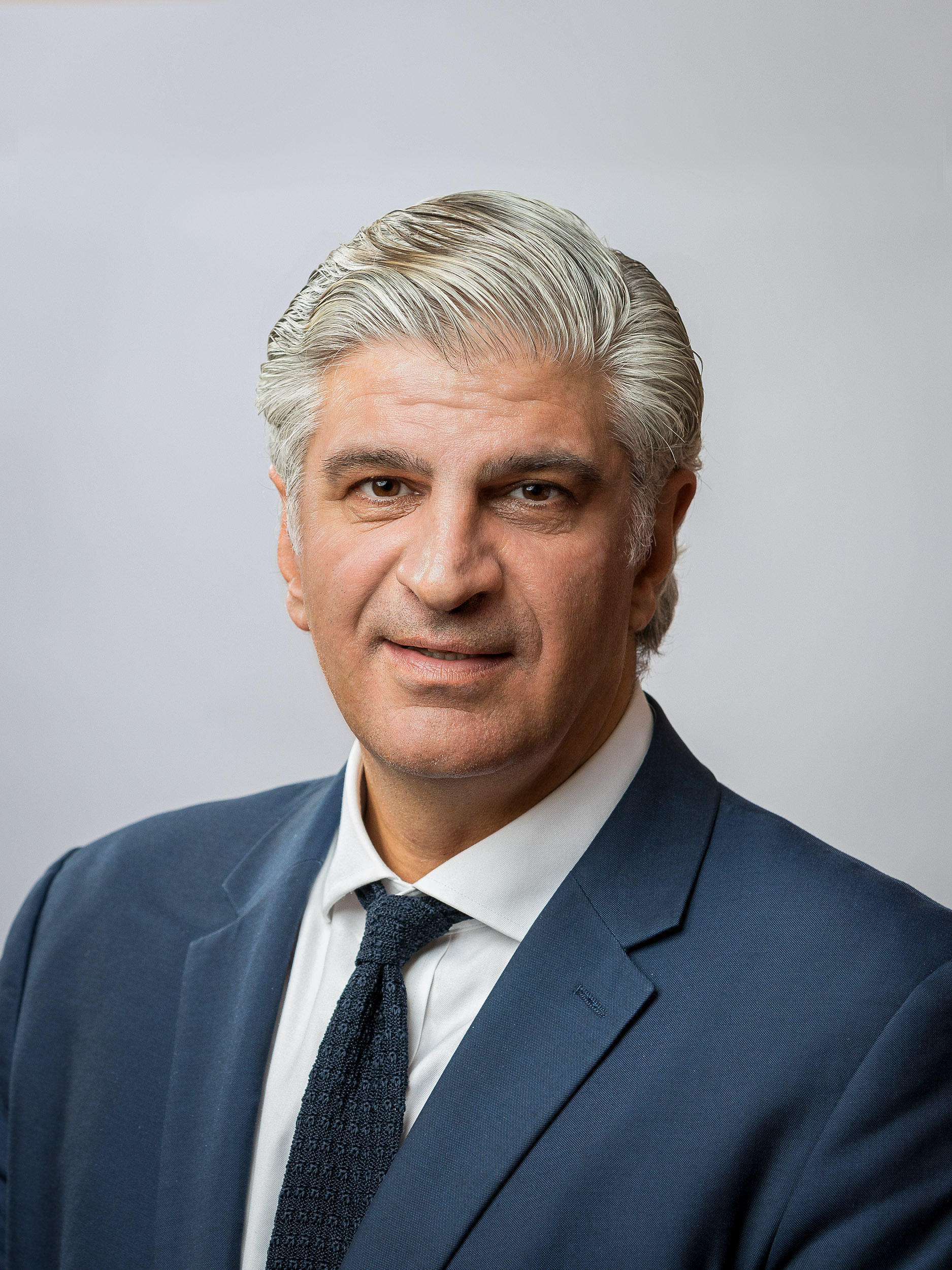|
 Omar D. Faiz Omar D. Faiz
© ECCO
|
This week my dishwasher broke down. I hadn’t ever been in this situation before, so I called my plumber. He laughed at me and told me that he didn’t do stuff like that anymore. Instead, he gave me a number for a ‘kitchen appliance repair guy’. Since when have we developed specialists in the repair of kitchen appliances? I didn’t even know that such specialists exist. How the world around us has changed in the last 25 years! I called the number and the receptionist who answered my call was direct and to the point. She asked what the appliance was. ‘A Zanussi’, I said. ‘Why?’ ‘Well, it’s because we have different engineers for the different makes’, she said in her south London patois. Anyway, I spoke with the engineer who ‘ran a diagnostic check’ over the phone by instructing me remotely to push various buttons on the machine under his instruction. In doing so he demonstrated an ability to drive at the same time as guiding me around, from memory, the control panel of my model. He clearly has the patience of Job! When he promptly arrived a day later, he laid out his tools neatly in a semi-circle on the kitchen floor. He had brought specific ‘parts’ with him that he thought he might need. After about 20 minutes the task was complete – the washer was back in working order. He asked me to sign his form and within an hour of his leaving I received electronically a feedback form to comment on his promptness, manner and efficacy. As far as kitchen appliance repair guys go, he was awesome! A true master craftsman.